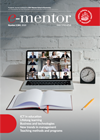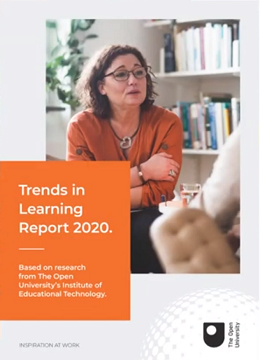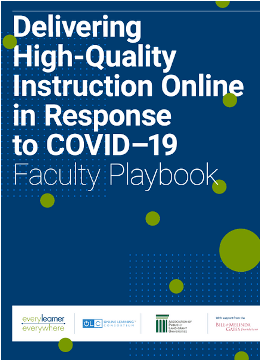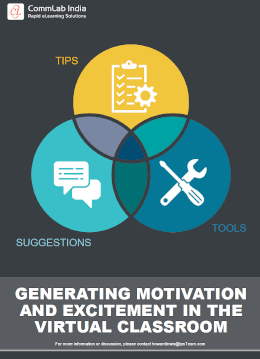
What I find particularly valuable about the current volume is that all papers but one concern teaching and learning. They either directly refer to online education or present the solutions which may equally well be used in online and f2f settings. No one can tell how the new academic year will look like, and whether teaching and learning will take place mostly online or on campus. However, it seems quite reasonable to get prepared for the prevalence of distant classes. There is no doubt it cannot any longer be emergency remote learning. Therefore, the examples of practices that worked are particularly valuable. I do believe that the readers of the current volume will find the topics. covered in it inspirational.
czytaj dalej »
Ukazał się nowy numer e-mentora. Polecamy w nim szczególnie:
This multi-institutional study of undergraduate and graduate students enrolled in online degree programs explored student perceptions of required student-to-student interactions. The findings indicate that while most respondents value the concept of peer-to-peer interaction in online courses, many found the required assignments lacking in authenticity and not a good use of their time.
czytaj dalej »
Michael A. Kolitsky, Retrieval practice enhances online learning in micro and macro anatomy courses
Retrieval practice is described as a pedagogy that includes ways that students have a chance to recall information during their study process. With the introduction of online learning and course management systems which permit secure testing online, a way is provided to generate many sets of small quizzes from large question pools which can serve as an efficient digital method for practicing recall of the information to be learned. Course management systems also provide a way to capture and store the results of the small quizzes used for retrieval practice.
czytaj dalej »
The article discusses the teaching methodology for a digital electronics course utilizing BASYS Field Programmable Gate Array (FPGA) boards (Digilent, Inc.), with a hybrid or blended classroom delivery method. The article outlines a methodology that combines the teaching of current digital circuit design technology with the use of a pedagogical approach to online delivery for a proportion of the course lectures.
czytaj dalej »
Katarzyna Nowicka, Supply chain management in the access economy environment
The paper focuses on the digital platform being the driving force of development of the access economy impacting on supply chain business model reconfiguration. First, the main accelerators of the sharing and access economies are described and compared with the characteristics of supply chain architecture. The results of a pilot study are presented to illustrate how supply chain managers understand the role of digital technologies and platforms.
czytaj dalej »
Często czytane
Wydarzenia/konferencje
Nowe na blogu
Kursy typu HyFlex – możliwości i wyzwania
Po bardzo nietypowym semestrze letnim roku akademickiego 2019/2020 przyszła pora na refleksję i decyzje, jak mogą lub powinny wyglądać zajęcia ze studentami w kolejnym roku. I właśnie biorąc pod uwagę ową niepewność, wiele uczelni już podjęło decyzje o realizacji semestru zimowego wyłącznie w trybie online, choć nie brak i takich, które ostateczne rozstrzygnięcie uzależniają od rozwoju sytuacji epidemiologicznej.
czytaj dalej »
Jak oceniać wspólnie ze studentami
Czas biegnie szybko, chwilami wręcz mam wrażenie, że coraz szybciej... Poprzedni mój post był zatytułowany „Sesja tuż tuż…” i ani się obejrzeliśmy, a już prawie kończy się pierwszy wakacyjny miesiąc. Pozostając przy tematyce zaliczeń chcę zaproponować włączenie studentów w proces oceniania.
czytaj dalej »



